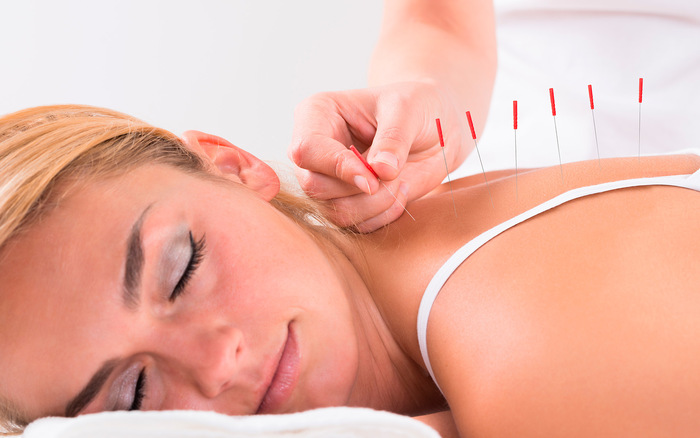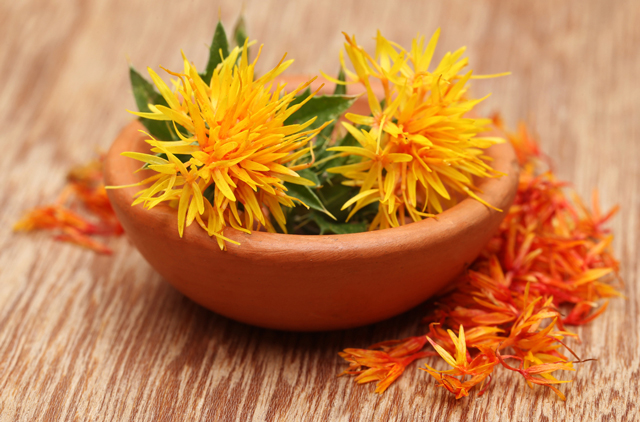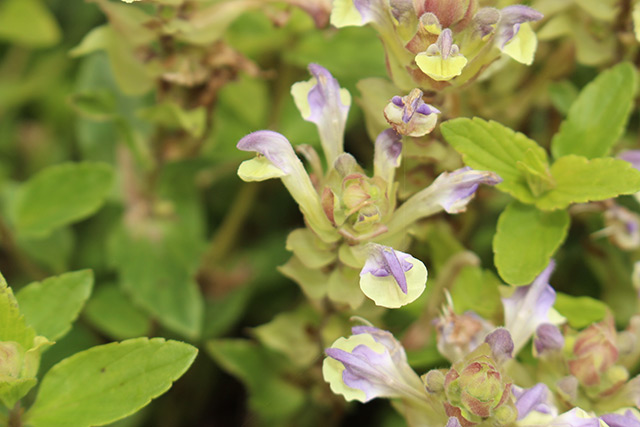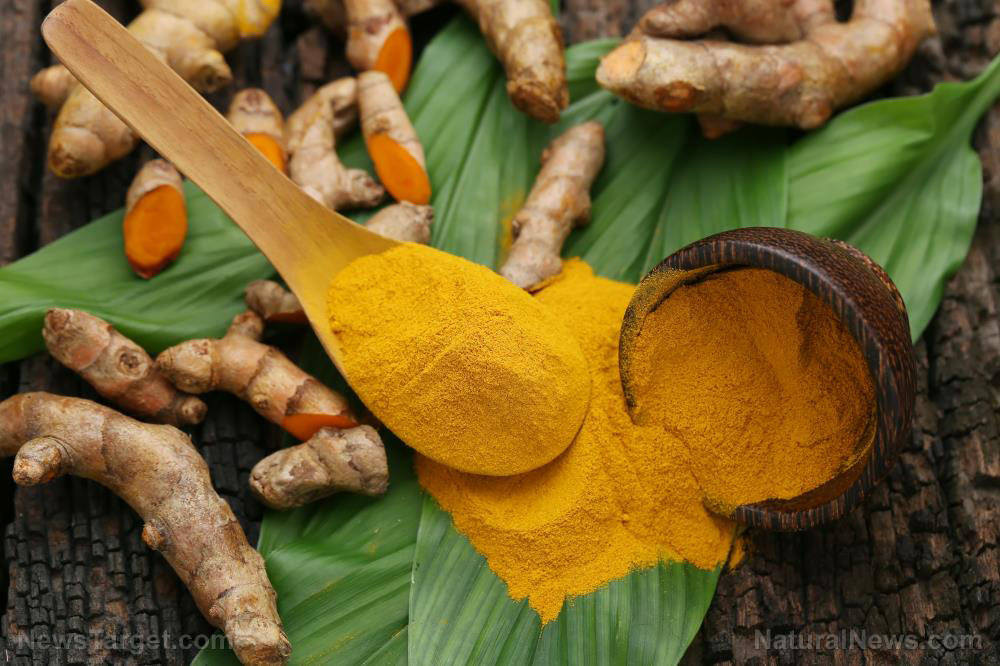Can acupuncture improve PCOS?
04/11/2019 / By Evangelyn Rodriguez

To evaluate the efficacy of acupuncture in treating polycystic ovarian syndrome (PCOS), researchers from Korea compiled and reviewed studies that involved randomized controlled trials (RCTs) of women with PCOS. Their meta-analysis of the results of 27 RCTs was published in the journal Medicine.
- Several databases were searched for relevant studies; 1,024 articles about the use of acupuncture in treating PCOS were screened and 27 RCTs were included in the meta-analysis.
- Twenty-three of the RCTs were from China and their results were published in Chinese; two studies were done in Sweden, one in America, and one in Australia and China.
- A total of 2,093 women participated in the 27 RCTs, some with both PCOS and subfertility problems, others with only obesity-type PCOS whose body mass indexes (BMI) were ?25 kilograms per square meter (kg/m2).
- Twelve RCTs tested the efficacy of acupuncture alone while the rest used acupuncture together with common PCOS medications such as clomiphene citrate (CC), Diane-35, and metformin, as well as Chinese herbal medicine (CHM).
- Manual acupuncture and electroacupuncture (EA) were used in the studies but they varied in acupoint selection, length of treatment, and the number of sessions.
- Ten studies reported pregnancy: In four studies, it was evidenced by either blood and urine human chorionic gonadotropin testing, ultrasound, or self-reports, while in the remaining six, the diagnostic criterion was not clearly established.
- Eleven adverse events were reported, but in seven of the eleven studies, no such events occurred in patients receiving acupuncture.
- Manual acupuncture seemed to improve fasting insulin levels, according to four studies.
- Only two studies reported an improvement in the ovulation rates, monthly menstruation rates, and testosterone levels of participants who received acupuncture treatment alone.
- In six studies which compared acupuncture with PCOS medications, acupuncture improved monthly menstruation rates but there was no significant difference in testosterone levels reported.
- Four studies reported that acupuncture and medication together improved LH (luteinizing hormone) levels, LH/FSH (follicle-stimulating hormone) ratios, and fasting insulin levels.
- Acupuncture, when used with any combination of two PCOS medications, only improved LH levels.
Based on pooled results, the researchers concluded that, while more studies are needed to fully support the efficiency of acupuncture in treating PCOS and more studies with less bias are needed to prove its true benefits, they found statistically significant benefits in using acupuncture, especially when used in tandem with medication.
WomensHealth.news has the latest updates regarding PCOS and how to fight it.
Journal Reference:
Jo J, Lee YJ, Lee H. ACUPUNCTURE FOR POLYCYSTIC OVARIAN SYNDROME: A SYSTEMATIC REVIEW AND META-ANALYSIS. Medicine. June 2017;96(23):e7066. DOI: 10.1097/MD.0000000000007066
Tagged Under: acupuncture, alternative medicine, anti-obesity, PCOS, polycystic ovarian syndrome, research, women's health



















